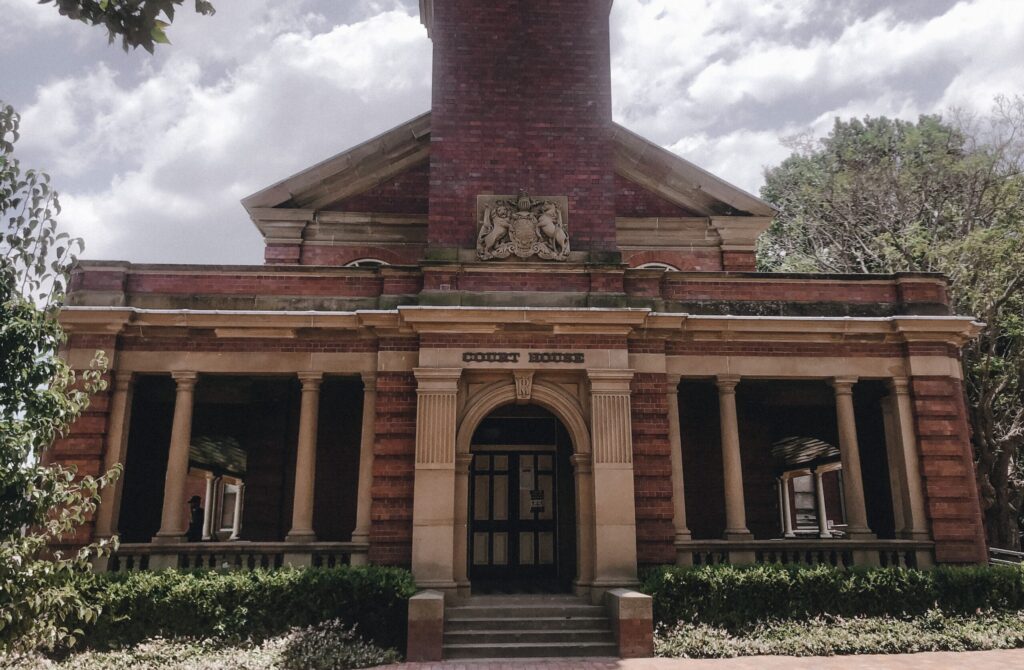How to change bail conditions in NSW
Whether your bail conditions were imposed by police or by the court, it is possible to have them varied. This article explains how to change your bail conditions in NSW, including the process and examples of conditions that can be changed.
What is the process to change bail conditions?
To change your bail conditions, a formal application must be filed with the Court. Both the Court and the prosecutors will need at least 3 days notice before hearing an application to vary bail.
The registry will then provide you with a date to attend. You must then appear in court, and the magistrate or judge will decide whether the variation is granted.
Will the court allow the change?
Although the Court has the power to vary or change conditions, this does not guarantee that your application will be successful.
Sometimes, if the prosecution and police agree to the variation, then the application will be by consent. If this occurs, the magistrate will usually grant the changes without too much consideration.
However, if the prosecution oppose the variation, you will need to provide reasons to the court to explain why the variation should be made. We would advise obtaining documentation to support the application, and providing this to the court. For example, if you need to vary your curfew for the purposes of your employment, a letter from your employer explaining your role and work hours will be important.
What are examples of bail conditions that can be changed?
- Removing your reporting condition, or reducing the days for which you are required to report to the Police Station.
- Suspending your residential condition, so that you can go away for a short period.
- Removing or amending a curfew condition.
- Allowing you to enter a licenced premises or CBD location, for example if you are required to enter a certain place or area for your employment.
We can help
Our lawyers are here to help you throughout each stage of your criminal or traffic matter. We provide a personal approach to legal representation, and we ensure you’re consulted every step of the way.
Call us on 0421 700 497 to book a free initial consultation.
How to change bail conditions in NSW Read More »









